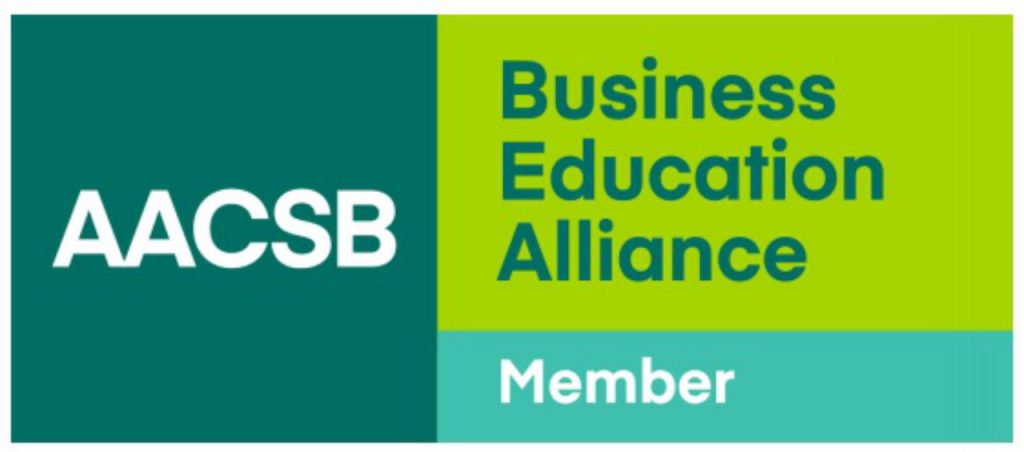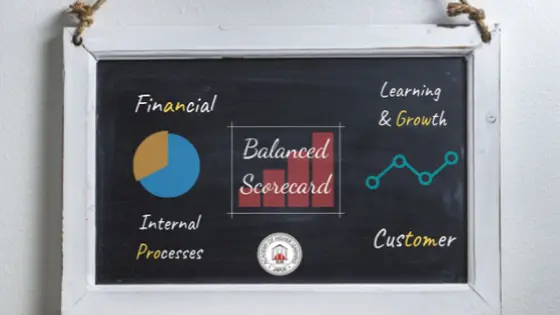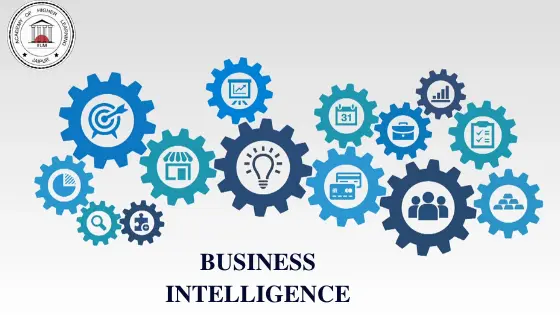If you are a finance student, I am sure you might have faced the situation where you have been asked by your teacher or parents to watch Union budget and tell them the synopsis.
Right?
Even I was asked to do the same in my college days.
On the budget day, I used to genuinely sit before the T.V. but truly speaking after a point of time I couldn’t take anymore.
The reason was that most of the words used in the budget speech were not clear to me.
So, I thought of putting down some important terminologies so that next time when you sit to watch Union Budget, you don’t face the problem which I used to face in my past days.
Key budget terminologies :
- GDP : It is the value of all finished goods and services produced within a domestic territory of a country within a certain time period.
- Indirect taxes : These are taxes paid by consumers when they purchase any goods or services which includes sales tax, goods and service tax,VAT, excise and customs duties.
- Budget deficit : The amount by which government’s spending exceeds the income over an annual time period. In order to meet this shortfall, the government has to borrow.
- Budget estimates : An expectation made for the upcoming budget based on government’s spending and revenues over a similar previous period, coupled with any expected changes.
- Balanced budget : The budget is said to be balanced when the current receipts equals current expenditure i.e. revenue from taxes and other sources are sufficient to meet payments for goods and services.
- Contingency fund : It is a fund which government resorts to during the period of emergencies, calamities or any unforeseen event to meet unforeseen expenditure.
- Finance bill : It is a bill introduced every year in Lok Sabha just after the presentation of the Union Budget to give effect to government’s financial proposal like the imposition of taxes, modification of existing tax structure etc.
- Fiscal policy : It is a mechanism by which government adjusts its spending levels and income to influence economic activity.
- Capital receipts : These receipts are non-recurring in nature and its benefit can be enjoyed over a long period of time.
- Capital expenditure : This amount is spent to acquire long-term assets such as plant and machinery, equipment or building etc.
- Revenue receipts : These receipts are recurring in nature which comprises of tax collected by the government and other receipts like interest and dividend on investments, fees etc.
- Revenue expenditure :This expenditure is utilised for day to day running of the government’s department and services and is charged to expense as soon as the cost is incurred.
- Plan expenditure : The money utilised from government’s account for the main plan is referred to as plan expenditure.
- Fiscal year : It is a period used by corporate or government for accounting purposes and for preparing financial.
- Capital budget : It includes government’s capital receipts and expenditure
- Revenue budget : It comprises of government’s revenue receipts and expenditure.
- Financial Inclusion : It involves delivery of financial services at an affordable price to the low-income groups of society.
- Revenue surplus : It is a situation when the government’s revenue receipt exceed its revenue expenditure.
- Disinvestment : It involves liquidation or sale of part or the whole of government’s stake in public sector undertakings which is done to boost company’s performance and to add to the government’s revenue.
- Annual financial statement : It is a document presented in Parliament every year which shows government’s estimated receipts and expenditures for the upcoming year with relation to revised estimates for the previous year.
I would appeal everybody especially the young college students to must-see budget every year since it is one of the most important events in any country and there are so many things to know and learn from it.
You can post your comment or query in the comment section below if you are not clear with any other terminologies.
Keep learning!!






